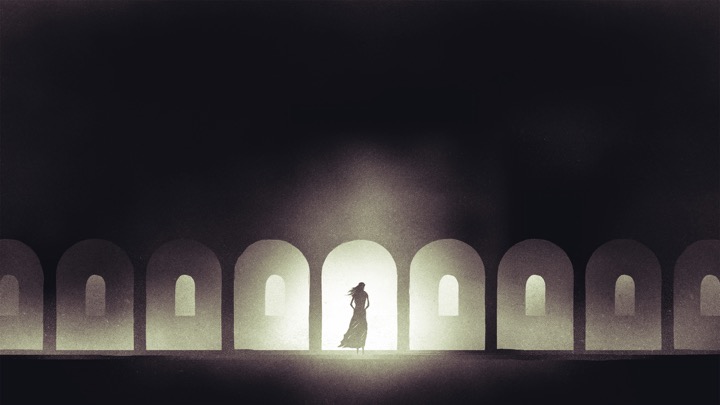Articles
A King's Pardon

To save her people, a young Jewish woman risked her very life. Esther 4:11 explains the Persian custom of approaching the king: "...If any man or woman goes to the king inside the inner court without being called, there is but one law—to be put to death, except the one to whom the king holds out the golden scepter so that he may live." As a symbol of his authority, the king could extend his scepter (in other places called a rod or staff) to visually display his favor and overrule the death sentence. We see King Ahasuerus offer this favor twice for his queen (Esther 5:2; 8:4).
Do we realize this same kind of gracious favor has been extended to us? God is holy, but we all have fallen short of that glory in our choice to sin against Him (Romans 3:23), breaking our relationship. In this case, too, "there is but one law--to be put to death" (see Romans 6:23a). Our only hope to be reconciled to God and allowed in His presence is if He approves us by His authority.
But how does God hold out His scepter, so to speak? Hebrews 1:8 explains it this way: "But of the Son he says, 'Your throne, O God, is forever and ever, the scepter of uprightness is the scepter of your kingdom'" (emphasis added, cf. Psalm 45:6-7). Through his example, teaching, and sacrificial offering, Christ the Lord extends God's scepter of righteousness to us. We are saved by submitting to our Creator's authority and conforming our lives to His holiness.
Who would reject the life-saving scepter of God extended to each and every one of us? May we respond to God's love in kind by accepting and appreciating the inexpressible gift of His love.




